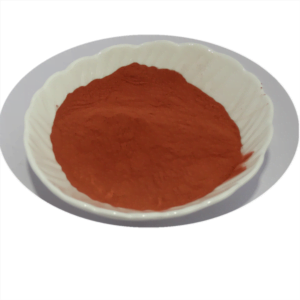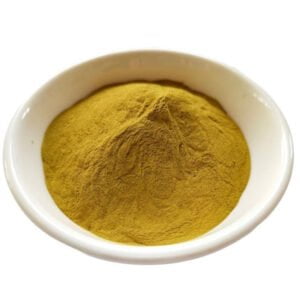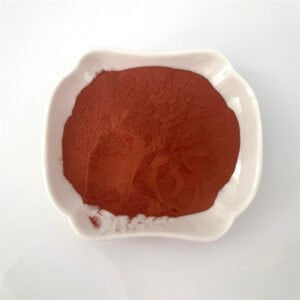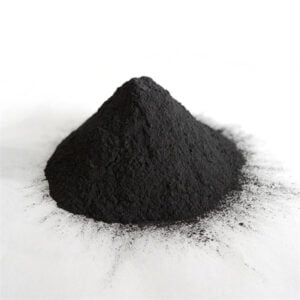Titanium Wire
Table of Contents
Imagine a material that’s incredibly strong, yet remarkably lightweight. A metal that defies corrosion and tolerates extreme temperatures. That’s the magic of titanium wire. This seemingly unassuming strand packs a powerful punch, finding its way into countless applications across various industries.
But before we delve into the world of titanium wire, let’s establish a foundation.
What is Titanium Wire?
Titanium wire is a versatile metal filament produced by drawing down titanium rods or ingots. It boasts a unique combination of properties, making it a valuable asset in diverse fields.
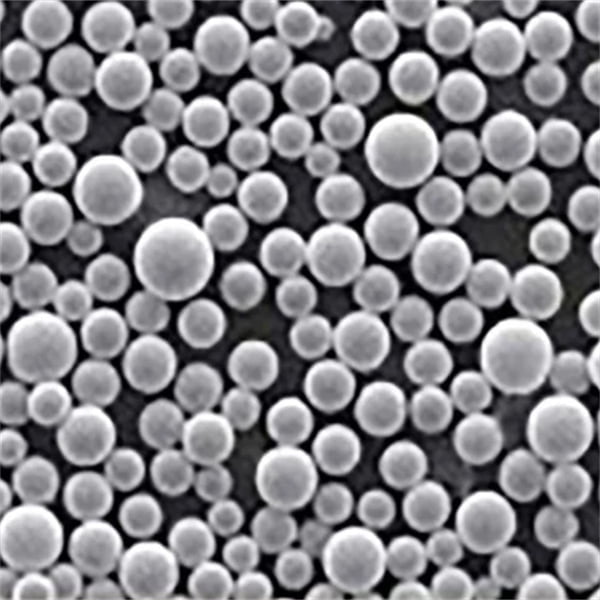
Types, Composition, and Properties of Titanium Wire
The world of titanium wire isn’t a one-size-fits-all scenario. Different grades cater to specific needs. Here’s a breakdown of some prominent types:
| Grade | Description | Key Properties |
|---|---|---|
| Grade 1 (Commercially Pure) | The most widely used grade, known for its excellent ductility and formability. | High corrosion resistance, good weldability, lightweight |
| Grade 2 (Commercially Pure) | Offers a slight increase in strength compared to Grade 1. | Maintains good ductility and weldability |
| Grade 3 (Commercially Pure) | Slightly stronger than Grade 2, with a minor trade-off in formability. | Ideal for applications requiring a balance of strength and workability |
| Grade 4 (Commercially Pure) | The “workhorse” grade, boasting higher strength than Grade 3. | Retains good corrosion resistance and weldability |
| Grade 5 (Ti-6Al-4V) | An alloy grade containing aluminum and vanadium, significantly stronger than commercially pure grades. | Excellent strength-to-weight ratio, good fatigue resistance |
| Grade 6 (Ti-6Al-4V ELI) | An extra-low interstitial version of Grade 5, offering improved weldability. | Maintains the strength of Grade 5 with better welding characteristics |
| Grade 7 (Ti-2.5Pd) | An alloy containing palladium, known for its exceptional biocompatibility. | Ideal for medical implants due to its minimal tissue rejection |
| Grade 9 (Ti-3Al-2.5V) | Offers a good balance of strength and toughness. | Popular choice for aerospace applications |
| Grade 29 (Ti-6Al-4V) | A high-strength version of Grade 5, particularly suitable for demanding applications. | Offers superior strength compared to standard Grade 5 |
| CP Ti (Commercially Pure Titanium) | A catch-all term for commercially pure grades (typically Grade 1-4) | Possesses the general characteristics of commercially pure titanium |
Applications of Titanium Wire
The versatility of titanium wire shines through its diverse applications. Here are some prominent examples:
| Industry | Application | Reasoning |
|---|---|---|
| Aerospace | Aircraft frames, landing gear components, engine parts | High strength-to-weight ratio, excellent fatigue resistance, withstands high temperatures |
| Medical | Surgical instruments, bone screws, dental implants | Biocompatible, corrosion resistant, lightweight |
| Chemical Processing | Filter meshes, heat exchangers, reaction vessels | High corrosion resistance to harsh chemicals |
| Jewelry | Decorative elements, bracelets, earrings | Lightweight, hypoallergenic, unique aesthetic |
| Sporting Goods | Golf clubs, bicycle frames, fishing rods | High strength-to-weight ratio enhances performance |
| Automotive | Exhaust systems, suspension components, engine parts | Lightweight, durable, withstands high temperatures |
| Consumer Electronics | Eyeglass frames, computer components | Lightweight, strong, aesthetically pleasing |
Advantages and Limitations of Titanium Wire
Like any material, titanium wire has its own set of pros and cons.
Advantages:
- Exceptional Strength-to-Weight Ratio: Titanium boasts a strength comparable to steel, yet significantly lighter. This makes it ideal for applications where weight reduction is crucial, such as aerospace and sporting goods.
- Superior Corrosion Resistance: Titanium naturally forms a protective oxide layer that shields it from corrosion in various environments, making it a valuable asset in chemical processing and marine applications.
- Biocompatibility: Certain grades of titanium exhibit exceptional biocompatibility, meaning they integrate well with the human body and minimize tissue rejection. This paves the way for its use in medical implants and prosthetics.
- High-Temperature Tolerance: Titanium retains its strength and integrity at elevated temperatures, making it suitable for components exposed to extreme heat, such as in engines and exhaust systems.
- Aesthetic Appeal: Titanium possesses a unique luster that can be polished to a brilliant shine or left with a natural, matte finish. This aesthetic versatility makes it a popular choice in jewelry, consumer electronics, and even high-end sporting goods.
Limitations:
- Cost: Compared to some common metals like steel or aluminum, titanium is a more expensive material. This can be a deciding factor for applications where cost is a primary concern.
- Machinability: While not impossible, machining titanium requires specialized tools and techniques due to its inherent strength. This can translate to higher production costs for components requiring intricate machining.
- Brittle at Low Temperatures: While titanium generally performs well at high temperatures, it can become brittle at extremely low temperatures. This needs to be considered for applications in cryogenic environments.
Selecting the Right Titanium Wire
Choosing the appropriate titanium wire grade depends on the specific application’s demands. Here are some key factors to consider:
- Strength Requirements: Higher-grade alloys like Grade 5 (Ti-6Al-4V) offer superior strength for applications like aerospace components. For less demanding applications, commercially pure grades (Grade 1-4) might suffice.
- Corrosion Resistance: The environment the wire will be exposed to plays a crucial role. Harsh chemicals might necessitate a grade with exceptional corrosion resistance, such as Grade 2 or Grade 7.
- Biocompatibility: For medical applications, grades like Grade 7 (Ti-2.5Pd) are preferred due to their biocompatible nature.
- Formability: If the wire requires bending or shaping during fabrication, a more ductile grade like Grade 1 or Grade 2 might be a better choice.
- Weight Considerations: When weight reduction is paramount, commercially pure grades are ideal as they offer the highest strength-to-weight ratio.
Specifications, Sizes, and Grades
Titanium wire comes in a variety of specifications, sizes, and grades to cater to diverse needs. Here’s a breakdown to help you navigate the options:
| Property | Description |
|---|---|
| Diameter | Typically ranges from 0.001 inches (0.025 mm) to 0.5 inches (12.7 mm). |
| Length | Can be supplied in spools of varying lengths or cut to specific requirements. |
| Surface Finish | Available in various finishes, including bright, smooth, polished, and black oxide. |
| Standards | Conforms to various industry standards, such as ASTM International (ASTM) specifications. |

Suppliers and Pricing
Titanium wire is readily available from a multitude of reputable suppliers across the globe. Pricing varies depending on the specific grade, diameter, quantity, and surface finish. Here’s a general breakdown:
- Commercially Pure Grades (Grade 1-4): Generally the most cost-effective option.
- Alloy Grades (Grade 5 and above): Typically more expensive than commercially pure grades due to the addition of alloying elements.
- Smaller Diameters: Tend to be more expensive per unit weight compared to larger diameters.
- Specialty Finishes: Polished or black oxide finishes might command a premium compared to a standard bright finish.
FAQ
Q: Is titanium wire strong?
A: Yes, titanium wire offers exceptional strength-to-weight ratio, making it stronger than some steels while being significantly lighter.
Q: Does titanium wire rust?
A: No, titanium naturally forms a protective oxide layer that prevents rust and corrosion in most environments.
Q: Is titanium wire safe for the body?
A: Certain grades of titanium, like Grade 7 (Ti-2.5Pd), exhibit excellent biocompatibility, making them suitable for medical implants and prosthetics.
Q: How much does titanium wire cost?
A: Titanium wire is generally more expensive than common metals like steel or aluminum. The specific cost depends on the grade, diameter, quantity, and surface finish.
Q: Where can I buy titanium wire?
A: Numerous reputable suppliers offer titanium wire across the globe. Online marketplaces and metal distributors are common sources.
Share On
MET3DP Technology Co., LTD is a leading provider of additive manufacturing solutions headquartered in Qingdao, China. Our company specializes in 3D printing equipment and high-performance metal powders for industrial applications.
Inquiry to get best price and customized Solution for your business!
Related Articles
About Met3DP
Recent Update
Our Product
CONTACT US
Any questions? Send us message now! We’ll serve your request with a whole team after receiving your message.

Metal Powders for 3D Printing and Additive Manufacturing
COMPANY
PRODUCT
cONTACT INFO
- Qingdao City, Shandong, China
- [email protected]
- [email protected]
- +86 19116340731










